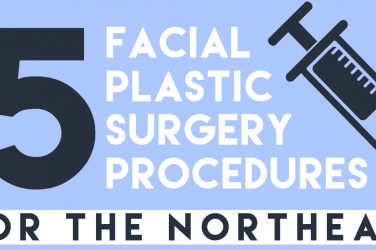Seeing a loved one in pain or distress is always difficult, and this can be exacerbated if they are suffering from addiction. This process can sometimes feel like an endless cycle, and it can be hard to know how and when to offer support. Every individual is different and may prefer different solutions and fixes.
Some of the most popular options include support through meetings such as Narcotics or Alcoholics Anonymous, where addicts can seek support from those in a similar situation. Treatment centers, such as Pacific Ridge drug rehab in Salem, Oregon, are also an option for those who would prefer residential care. There are steps you can take to help support your loved one in a difficult time as well.

Educate yourself
Addiction is a complex topic, and in many ways, recovery is even harder. It is important that you educate yourself on possible triggers and issues, health problems, and side effects which may come with recovery, and how to support without enabling. Though you can’t be totally prepared, this may help you to feel more in control of the situation, It also puts you in a position to be able to offer support and assistance, and help to prevent a possible relapse.
In addition to the physical and psychological issues which can come with supporting an addict, it is also a good idea to educate yourself on extended problems. These may include financial issues that have occurred as a result of the addiction, such as massive debts.
There may also be additional health problems, as the addict may have been exposed to HIV or other diseases, and these need to be managed carefully. Addiction can also lead to the breakdown of relationships, and these need gentle, sensitive attention if they stand a chance of being rebuilt. Sadly, reconciliation is not always possible.
Lower your expectations
The ultimate goal of recovery is, of course, to have your loved one back, and to see them healthy, clean and sober. Once this is achieved the dream is that their lives will immediately go back to normal and they will never relapse. While this would be ideal, it is also unrealistic. It takes time to rebuild a life, and no amount of rehab will be able to ‘cure’ an addict. Manage your expectations to prevent disappointment for yourself or extra pressure on your loved one.
Support the journey
If you are serious about being supportive, this can make a massive difference to a recovering addict. There are changes you can make to show your support, such as removing all addictive substances, including alcohol, from your home, and not engaging in that activity with your friend or family member. Instead of heading for a drink after work, build a new hobby together which doesn’t involve alcohol. Avoid interacting with people who may offer temptation or be difficult to manage for the addict; instead, work on creating a new circle of sober friends. Seemingly small changes can make a big difference in recovery.







